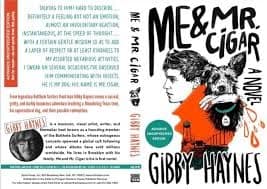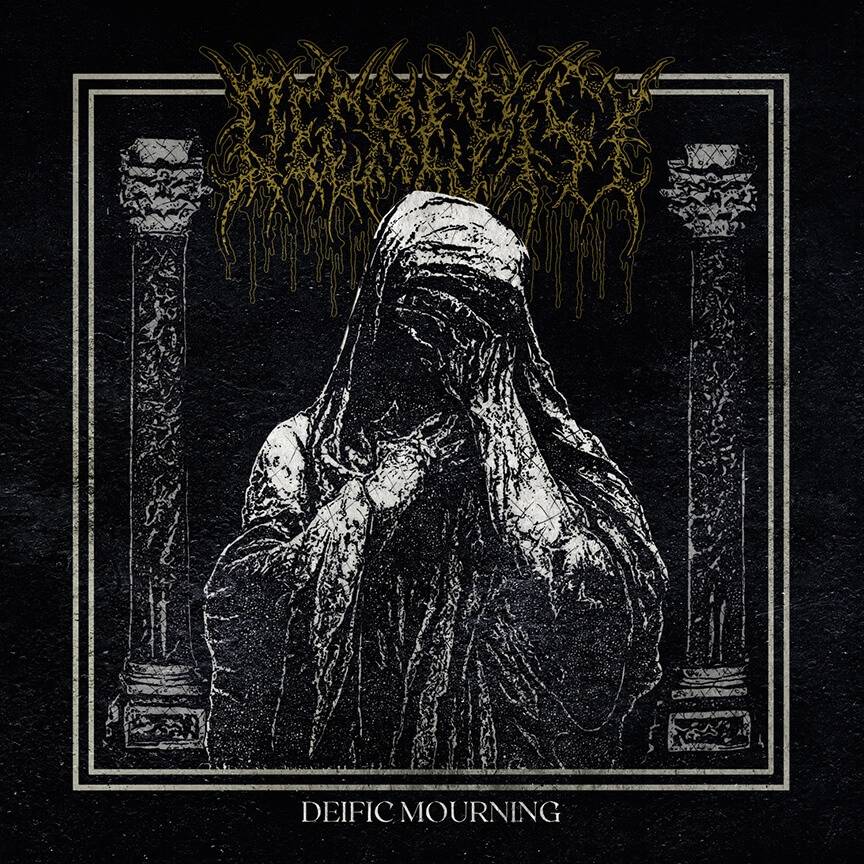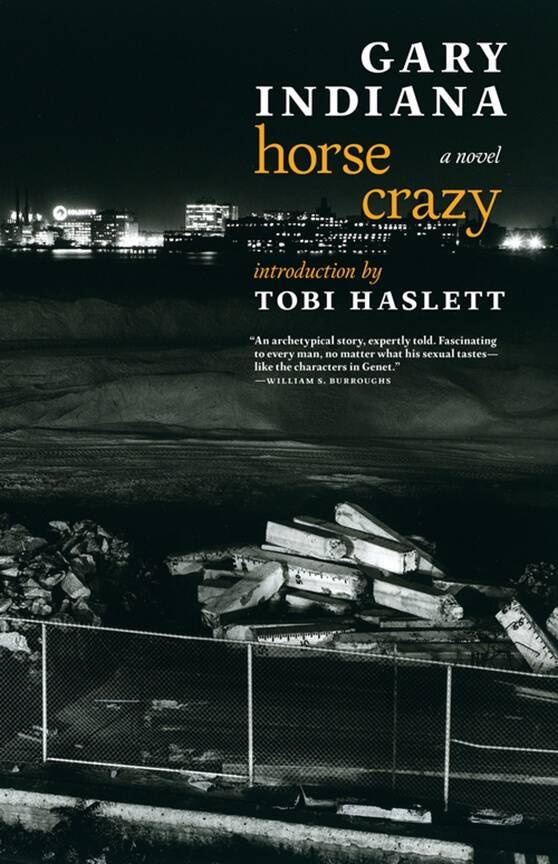Would you let a Butthole Surfer babysit your tween? That seemed to be the question – more of a dare, really – implicit in the advance hype for Gibby Haynes’s first foray into fiction. Not just fiction, mind you. The man who once sang for the most dangerous band in rock had penned a novel for the young adult market, and the question is, would any responsible old adult let a youth in their custody read it?
Hype aside, the fact of the matter is that Haynes hasn’t written a YA novel any more than John Waters makes rom-coms: it might fit the form, but it’s undermining it at the same time. What he’s really written is what he wishes YA novels had been like when he was a YA. How many YAs are like Haynes the YA, however, is another kettle of fish.
The story concerns a teenage, entrepreneurial rave promoter and his back-from-the-dead terrier. With the somewhat complicit assistance of a slightly older scientific genius who has devised ways to filter potable water from the air and project videos onto invisible gel, Haynes’s hero sets out on a mission to make big money while expanding the minds of the youth. Or something like that. There’s also a kidnapping and some naked bank heists. Like Charles Burns’s nightmarish graphic novels, Me & Mr. Cigar is YA fiction that’s too disturbing, too disgusting, too grotesque for most young adults (or at least their parents) to indulge in.
Ultimately the book may all be nothing more than an elaborate excuse for Haynes’s “selling out” (the punk original sin) and “going techno” (the punk cardinal sin). At his hero’s first trip, at a rave he organized, the protagonist concludes, “I realize now house music is totally cool – I hadn’t given it a fair shake. The tree now reappears as a weird box of coolies… I think. […] Yes, I’ve finally found my people.” Be that as it may, Haynes has concocted a compelling story. The cartoon chaos he used to create within the confines of a five-minute rock song were legend. Given 250 pages (divided into 90 speedy chapters), it’s bonkers.
None of this would surprise anyone who’s paid much attention to Haynes’s career. The Butthole Surfers were a bit like Beavis and Butthead fronting Led Zeppelin without a fire permit. The band inexplicably rose to a surprising moment of mass popularity during the younger Bush presidency. It’s perhaps only natural that Haynes should now confront the era of Trump by going after an even younger audience with his elaborate distortions of reality. It’s silliness at its most subversive.












